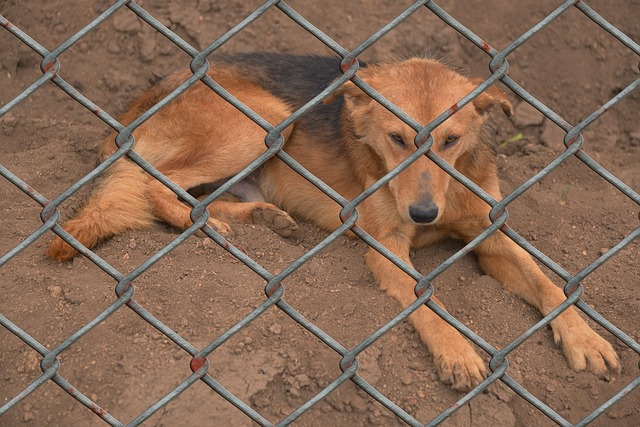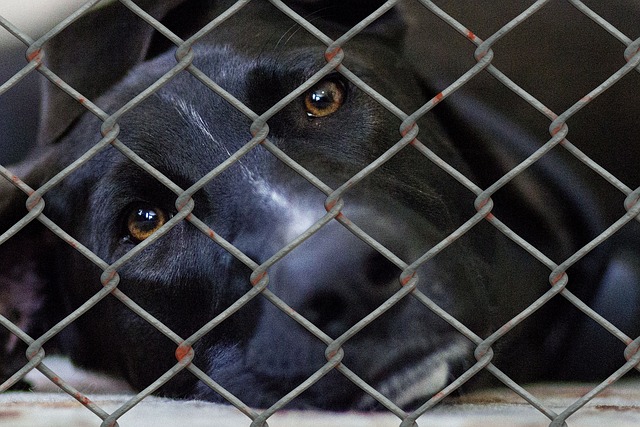It seems like 2016 is becoming the year of advocating for animals–and we couldn’t be happier!
If you can recall, Tennessee was the first state to create an animal abuser registry which is accessible to the public, and launched this year.
Now, the FBI is creating database to better protect our furry friends. Prior to 2016, crimes against animals were classified under the vague group “Other,” as opposed to “Assault” or “Homicide.” Because the grouping was so generalized, it was difficult to keep track of animal cruelty criminals and crime statistics.
But because of activist Mary Lou Randour, “Animal Cruelty” is now its own category.
According to the FBI, Animal Cruelty is defined as: “Intentionally, knowingly, or recklessly taking an action that mistreats or kills any animal without just cause, such as torturing, tormenting, mutilation, maiming, poisoning, or abandonment.”
As described by The Washington Post, “There will be four categories of crimes: simple or gross neglect, intentional abuse and torture, organized abuse — like dog fighting and cock fighting — and animal sexual abuse.”
These cases are now being documented in the National Incident-Based Reporting System (NIBRS). Because they’ll be in their own category, the FBI can easily track data, locate repeat offenders, and identify trends. What’s more, animal abuse is now (finally!) being considered a serious crime rather than some random “other” offense.
Although this big change took years of rallying from Randour–initially, her campaign to specify the grouping was thought to be unnecessary–one of her most convincing arguments pointed out that the early crimes of many serial killers involve the abuse or murder of animals. If criminals lack empathy for innocent animals, why wouldn’t they for humans, too?
“There is overwhelming evidence that [animal abuse] is linked to crimes against people, including violent crimes and domestic violence…It’s not about protecting people or animals, it’s protecting them both,” said Randour in The Washington Post.
Currently, the information in the database is only accessible to the FBI; they can choose whether or not to disclose it. But Randour is working to make the information on animal abusers available to the public.
The hope is that, upon years of data collection, patterns will be identified and new tools and resources can be utilized to stop animal cruelty in its tracks.
We hope that one day, all 50 states will implement an animal abuser registry, just like Tennessee. In the meantime, the FBI (thanks to Mary Lou Randour) has taken a big step toward protecting our animals; after all, they’re depending on us!





